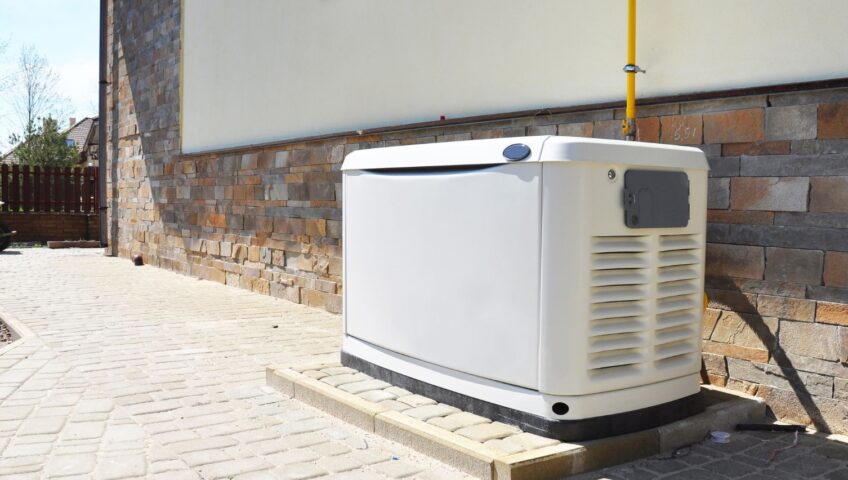In an era where electricity powers nearly every aspect of our lives, a sudden power outage can disrupt daily routines and pose significant inconveniences. For many homeowners, investing in a home generator seems like a logical solution to mitigate the impact of power disruptions. However, before purchasing a generator, it’s crucial to consider various factors, including safety concerns and proper usage guidelines.
Do You Need a Home Generator?
The decision to own a home generator ultimately depends on several factors, including your location, frequency of power outages, and individual needs. Suppose you reside in an area prone to severe weather conditions or experience frequent blackouts. In that case, a generator can provide a reliable backup power source, ensuring continuity in essential services such as heating, cooling, and refrigeration.
Safety Issues with Home Generators
While home generators offer a practical solution during power outages, improper usage can lead to hazardous situations. Some of the main safety concerns associated with powering your home with a generator include:
- Carbon Monoxide Poisoning: Generators emit carbon monoxide, a colorless, odorless gas that can be lethal if inhaled in large quantities. It’s essential to operate generators outdoors in well-ventilated areas and never inside the home, garage, or enclosed spaces.
- Electrical Hazards: Improper installation or connection of generators to home electrical systems can pose electrocution risks for homeowners and utility workers. It’s advisable to consult a qualified electrician to ensure safe installation and use of the generator, including the use of appropriate transfer switches.
- Fire Risks: Generators, like any other mechanical equipment, generate heat during operation. Placing them too close to combustible materials or fuel sources can increase the risk of fires. Maintain a safe distance between the generator and any flammable objects, and avoid overloading the generator with too many appliances.
Choosing the Right Type of Generator
When selecting a generator for your home, consider factors such as power output, fuel type, and portability. Portable generators are versatile and can be moved to different locations as needed, while standby generators offer seamless, automatic backup power but require professional installation. Assess your power requirements and budget constraints before deciding on the type of generator that best suits your needs.
Generator Setup and Inspection
Before using a generator, it’s advisable to have a licensed electrician assess your home’s electrical system to ensure compatibility and safety. Additionally, some local regulations may require permits or inspections for generator installations, particularly for standby generators connected to the main electrical panel.
Owning a home generator can provide peace of mind during power outages, but it’s essential to prioritize safety and proper usage. Familiarize yourself with the manufacturer’s instructions, adhere to safety guidelines, and consider professional assistance for installation and maintenance. By taking these precautions, you can ensure that your generator serves as a reliable backup power source without compromising safety.

